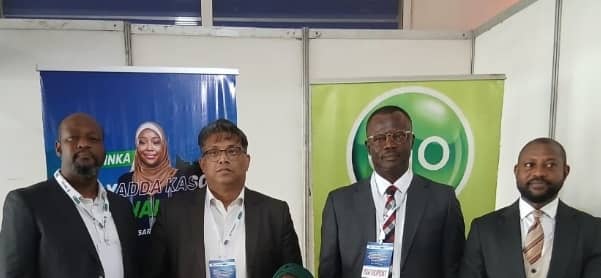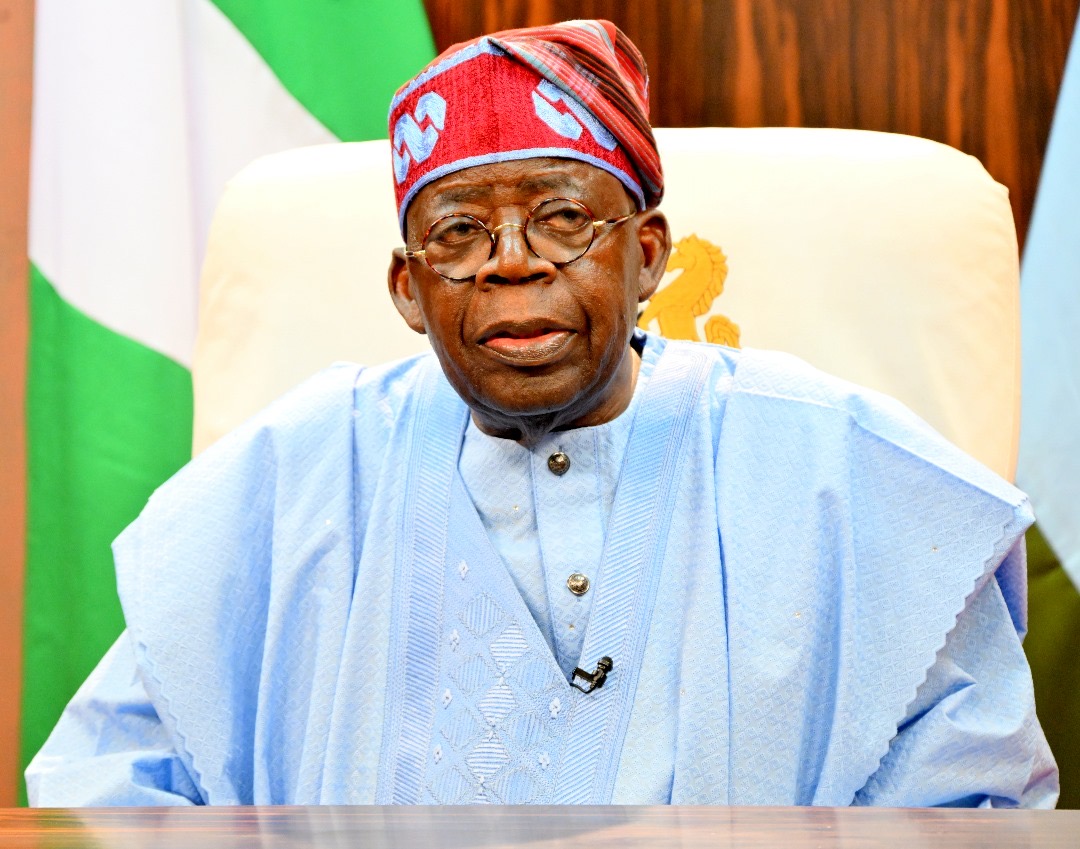The 16th Emir of Kano, Muhammadu Sanusi II, says Nigeria’s economy and agriculture are being held back by frequent changes in government policies and poor continuity between administrations.
Sanusi made the remarks during a joint meeting of the United Nations World Food Programme (WFP) and the African Development Bank (AfDB) held alongside the Nigeria Economic Summit in Abuja.
The meeting focused on “Investing in Innovative Food Systems Solutions in Challenging Contexts.”
He explained that each time there is an election in Nigeria, new leaders often abandon existing plans and start all over again. According to him, the civil service, which should preserve institutional memory, has failed to do so.
“The biggest problem with our country is lack of policy continuity. Every few years, we find ourselves discussing the same problems again,” he said.
Sanusi shared his experience as a former Central Bank of Nigeria (CBN) governor, when he initiated studies on six agricultural value chains to improve lending and attract investment. He said the tomato project in Kano showed promise, but outdated laws and lack of follow-up killed the progress.
“We found 13 tomato varieties good for paste production, but old laws stopped their use. Before the needed reforms could mature, the project was abandoned,” he said.
The former emir urged government to focus on building strong value chains that attract private investors, rather than depending only on public funding.
“Government doesn’t have enough money to fix every farmer’s problem. Its role should be to create confidence for private investment,” he added.
Sanusi also warned that frequent policy reversals, such as easing food import restrictions destroy local investment and push farmers into debt.
“When we try to reduce food prices through imports, we end up bankrupting local producers. Constant changes will never solve poverty or bring in investors,” he said.
He called for long-term, consistent policies that align with development goals to fight poverty, insecurity, and unemployment, especially in northern Nigeria.
Policy inconsistency slowing Nigeria’s economy, agriculture – Emir Sanusi


